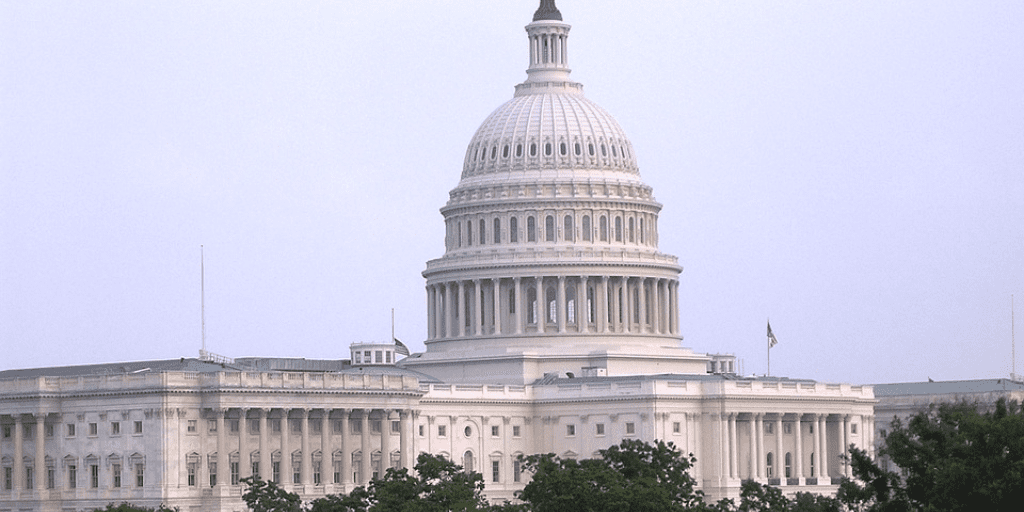Despite the economic downturn, government affairs jobs have risen. McCormick Group Principal Ivan Adler weighs in on why.
By Daniel Newhauser | September 14, 2011
Members of Congress lament the country’s unemployment problems on a daily basis, but when it comes to Beltway jobs, they have little to worry about.
The downturn in the economy has not dimmed job prospects among the political class, career experts said. The job climate is instead dictated by — surprise — politics.
“There are always going to be jobs in politics,” said Mag Gottlieb, career development director at George Washington University’s Graduate School of Political Management. “I think honestly we’re fairly immune.”
Brad Traverse, who runs an employment-listing website with about 6,500 subscribers, said he has been posting as many job openings as ever. The site, bradtraverse.com, focuses on jobs on Capitol Hill or in government affairs, public affairs and communications.
“I’m not seeing any drop in employers looking for government affairs and public relations policy jobs,” he said. “I’m still listing probably anywhere from 20 to 60 a day, and even on the weekends.”
An analysis released this week by LegiStorm, a website that aggregates data about Congressional staffers, found 388 former Congressional staffers had registered as lobbyists so far this year. That’s already up from last year’s total of 373.
“I see as much movement going on now as I usually see,” said Howard Marlowe, president of the American League of Lobbyists. “In general the firms are hiring and folks are coming off the Hill.”
The fact that the numbers spiked since last year is not startling, considering the shift in party control of the House this year. But the numbers are down from their 10-year peak in 2007, when 746 former staffers registered as lobbyists on the heels of the Democratic takeover of both the House and the Senate.
Many factors could contribute to the decline since 2007, but chief among them has been the lack of large legislative battles over “bet-the-farm” issues in this Congress, said Ivan Adler, a headhunter at the McCormick Group.
The passage of health care reform and financial regulatory reform legislation is still driving business in the lobbying world, he said, which could lead to more revenue but not likely more new hires.
“The sausage has been made and now we’re putting on the garnish,” he said. “The need for health care will continue and, I think, also financial services as they implement the bills. The demand has shifted from people who know the legislative process to people who know the regulatory process.”
Marlowe and Adler said defense lobbyists may also be in demand because defense spending may be cut by the Joint Committee on Deficit Reduction


